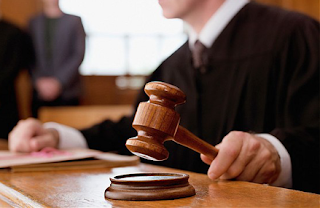“All people know the same truth. Our lives consist of how we choose to distort it.”- Woody Allen
Defamation is the act of damaging the reputation of
another person, business or organisation either through innuendo or
explicit accusation. Australian law follows the notion that everyone is
of good character until proven otherwise; innocent until proven
guilty. If a false statement or digitally altered photograph is used to
tarnish the character of said person, business or organisation and is
successful in doing so, the wronged party could seek legal action for
being defamed.
Defamation typically occurs in two ways – libel and slander. Here is the difference between the two.
The difference between libel and slander
Slander and libel achieve the same outcome in two
different ways. Slander occurs when a person publishes defamatory claims
or accusations in a non-permanent form. For example, we all would have
heard radio shock jocks like Alan Jones or Steve Price make outlandish
claims when on air. However, if they were to make such a claim about a
person that was a blatant lie that would be defamation? The form of
defamation this takes is slander because the claim was spoken on air –
heard by listeners but not recorded in hard copy format – rather than
permanently documented on paper or on the internet.
Libel, on the other hand, occurs when a person or
business publishes defamatory statements on a permanent media format,
for example in a newspaper column or widely read blog. To use the shock
jock example again, if Alan Jones or Steve Price were to make those
same claims in an article published in the daily newspaper, it would be
considered libel because the accusations are there for anyone to read
at any time.
Lawyer and solicitor Glenn Duker
can help you if you believed you have been defamed in print, online or
on the air. Call our offices to see how we can help you.
Visit today:- http://www.glenndukerlitigationlawyer.com.au/

No comments:
Post a Comment